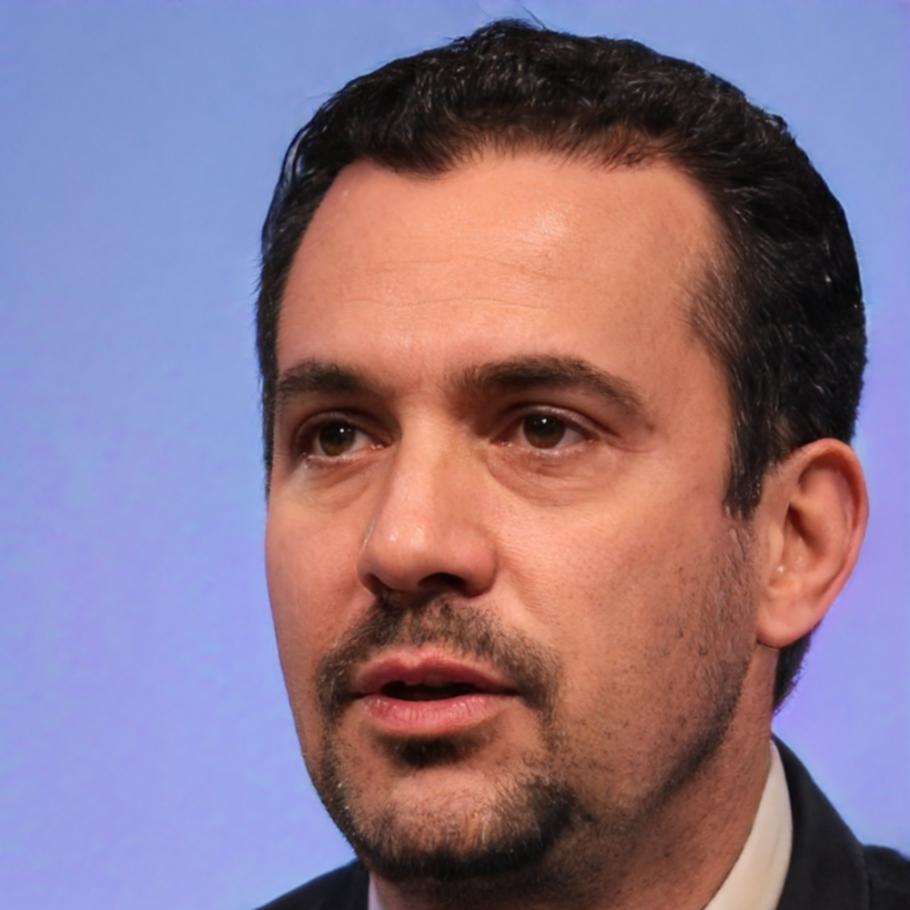Master Budget Negotiations That Actually Work
Most people walk into budget discussions unprepared. They accept what's offered or push too hard and damage relationships. Our courses teach you how to negotiate budgets with confidence—whether you're asking for funding, defending your numbers, or finding middle ground with stakeholders who don't see eye to eye.
Start Your Journey
Common Budget Negotiation Roadblocks
We've seen these situations play out hundreds of times. Here's how to handle them when they come up in your work.
Upper Management Cuts Your Request
You've done the research, built a solid case, and submitted your budget. Then leadership slashes it by thirty percent without explanation.
Department Heads Want the Same Pot
Three departments need funding. There's only enough for two. Suddenly you're in a room where everyone's defending their turf and no one wants to compromise.
Vendors Won't Budge on Pricing
You need their service, they know it, and their "final offer" is twenty percent over what you can actually spend. Stuck between overpaying or walking away.

How We Teach Budget Negotiation
Our approach isn't about memorizing scripts or following rigid formulas. Budget negotiations are messy. People have agendas. Numbers tell different stories depending on who's presenting them.
What works is understanding the psychology behind budget decisions, knowing how to present data that supports your case, and being flexible enough to adapt when the conversation takes an unexpected turn.
Research and Preparation
We start with understanding what you're negotiating for and who holds influence. Learn to gather intelligence about organizational priorities, past budget cycles, and stakeholder concerns before you ever enter the room.
Building Your Case
Numbers alone don't persuade people. You need a narrative that connects your budget request to outcomes leadership cares about. Practice structuring proposals that make financial sense and emotional sense.
Live Negotiation Practice
Theory only gets you so far. Our courses include role-playing exercises where you negotiate against instructors and peers who push back on your requests. It's uncomfortable—but that's where real learning happens.
Post-Negotiation Analysis
After each practice session, we break down what worked and what didn't. Learn to recognize patterns in your own negotiating style and adjust tactics based on the personalities you're dealing with.
What You'll Actually Learn
Our curriculum focuses on practical skills you can use immediately. No abstract theory or outdated business school case studies—just techniques that work in real Australian workplaces.

Reading Financial Constraints
Sometimes "no" means genuinely no money available. Other times it means "you haven't convinced me this is a priority." Learn to distinguish between hard budget limits and negotiable positions so you know when to push and when to pivot.
Managing Emotional Dynamics
Budget talks get tense. People take cuts personally. Voices get raised. We teach you how to stay calm when negotiations get heated and how to de-escalate conflicts without backing down on what matters.
Creating Win-Win Scenarios
The best negotiations leave everyone feeling they got something valuable. Discover how to structure agreements where multiple parties achieve their core objectives even when resources are limited.
Documenting and Following Through
A successful negotiation isn't over when everyone shakes hands. Learn proper documentation practices and follow-up techniques that prevent misunderstandings and ensure commitments are honored.
What Past Students Say

Finnegan O'Reilly
Operations Manager, Retail
I used to dread budget season. Always felt like I was begging for scraps. After taking this course in early 2025, I approached the next cycle completely differently. Secured funding for two major projects by showing leadership how they connected to revenue goals. The negotiation practice sessions were intense but worth every awkward moment.

Saskia Bergström
Finance Director, Healthcare
What I appreciated most was the focus on collaboration rather than confrontation. I work with department heads who get defensive about their budgets. The techniques I learned helped me facilitate conversations where we actually solved problems together instead of just arguing over numbers. Made my job significantly less stressful.